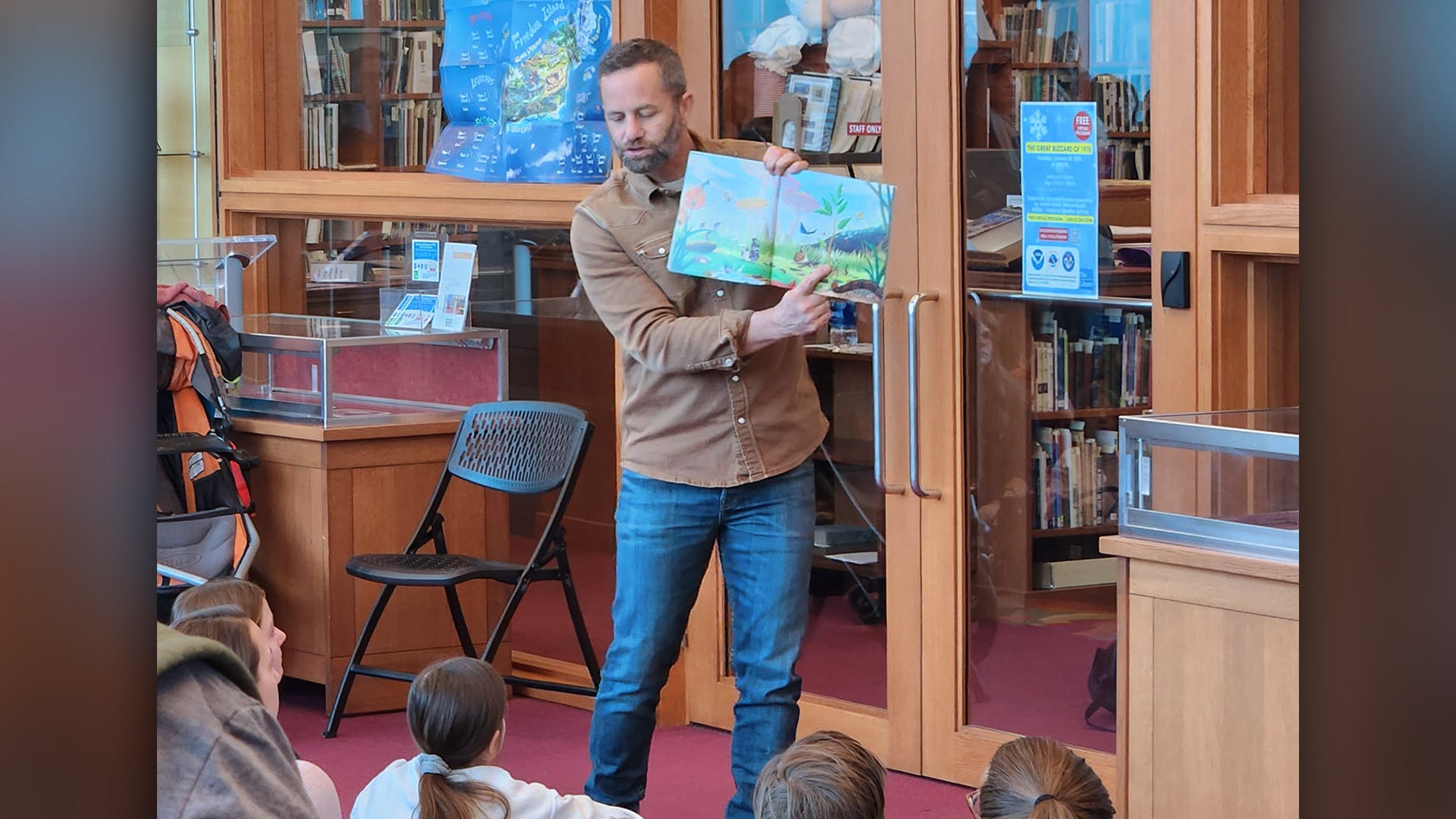The house occupied by British couple Pansy (Marianne Jean-Baptiste) and her husband, Curtley (David Webber), in Mike Leigh’s difficult, brilliant new film Hard Truths is as sterile as a corporate apartment. There is little decoration, the furniture is drab and uniform, the bookshelves are largely empty. The home is bright but not cheery, a space in which no one seems to truly live. That coldness is offset—or, perhaps, explained—by the constant, haranguing tirades spewed by Pansy, a woman angry at just about everyone and everything.
She hectors at dinner—at first amusingly—about the cloying friendliness of charity workers, about the fussy care a neighbor shows her dog, about the perceived lack of same that another neighbor shows her infant. (Whom Pansy declares fat.) Pansy is a deeply unpleasant person, allowing no room for any extension of courtesy or care. She is suspicious and, like many people with unmodulated anger problems, deeply afraid. She reasonably fears for her son’s safety in a nation of racist policing, but is less rationally terrified of her perfectly pleasant backyard, warily eyeing any animals that alight on the grass or wander in under the fence. Pansy regards the world as a hostile place and thus she is hostile to it.
Pansy’s sister, Chantelle (Michele Austin), lives in an apartment nearby. Her balcony is a lovely, verdant sanctuary of potted plants, her interiors warm and vibrant. Her two twentysomething daughters, Kayla (Ani Nelson) and Aleisha (Sophia Brown), are loud and boisterous, sharing an almost sisterly rapport with their mother as one girl coyly rehashes her night out with a boy.
Their dynamic stands in stark contrast to Pansy’s interactions with her own child, a 22-year-old loner named Moses (Tuwaine Barrett), who mostly spends his time taking solitary walks around the neighborhood or in his room playing video games. Pansy is eternally frustrated with her monosyllabic son, berating him for his messiness, his lack of motivation. Kayla and Aleisha, meanwhile, are seen tending to their careers, making minor stumbles but nonetheless plugging away in good spirits.
How could sisters like Pansy and Chantelle, who are still grieving the death of their mother five years previous, have diverged so greatly? What could so drive a person like Pansy to such terrible, suffocating misanthropy? To partly answer those questions, Leigh delicately weaves in reference to the differences in Pansy and Chantelle’s upbringings; Pansy was the more put-upon sibling, made to take care of the household at a young age. What pain it must be for Pansy to feel so denied in her young life, passed over for a sister who now lives with such an amiable outlook, who is kept in such good company by two ambitious and charming daughters.
Such inequities can harden anyone, peering across the fence and seeing how easy it seems to be for other people, how blissfully and dumbly unaware they are of life’s dangers and indignities. Pansy’s paranoia, her obsessive cleaning, her jags of depression that send her to bed for the day would suggest there is serious mental illness at play. She acknowledges that she is “not a well woman,” but then she will point to migraines, or jaw pain, or stomach troubles rather than addressing the storm inside her mind.
She’s a frightening and pitiable presence, one rendered with tireless rigor by Baptiste, who had a breakout role nearly 30 years ago in Leigh’s shattering Secrets & Lies. It’s a pleasure seeing the pair reunited for another piercing character study, this time with Baptiste squarely in the lead role. It’s dazzingly complex, bracing work. Baptiste operates at high dudgeon for much of the film, and one does begin to crave new levels, to see Baptiste reach inward and excavate the pain burning so intensely at Pansy’s core. Leigh withholds that turn well past the point of comfort. And even when something like a break does arrive—wrenchingly manifested by Baptiste—Leigh resists neat or soothing resolution.
Hard Truths is an exacting portrait of what it is to be stuck in a life of discontent, to fruitlessly toss one’s bile around in the hopes that someone it burns may finally take true notice of its source, howling with ache. It is also about an unhappy marriage, about life choices slowly cobbled over the years into prison walls. And it is a movie about a certain kind of depression, its stinging sensitivity to anything light. Leigh makes the audience confront the long-held fear held by many people of us as we age, that we too might become raving cranks, made so bitter and unlovable by the steady erosion of hope and possibility, and the steadier amassing of disappointment.
Some dialogue in the film suggests that Pansy was probably never a terribly gregarious or optimistic person. But surely there must have been some hope at some point. The hope of a child, the hope of a modest house purchased on a quiet and sunny street. Hard Truths finds all of that gone—but not necessarily lost forever. In his film’s final moments, Leigh allows for the faintest hints of better: an unexpected act of friendliness here, a hand reached out in need there. It may not be enough. The radiant world may simply leave Pansy behind. But, one must believe, it needn’t do the same to you or me.






